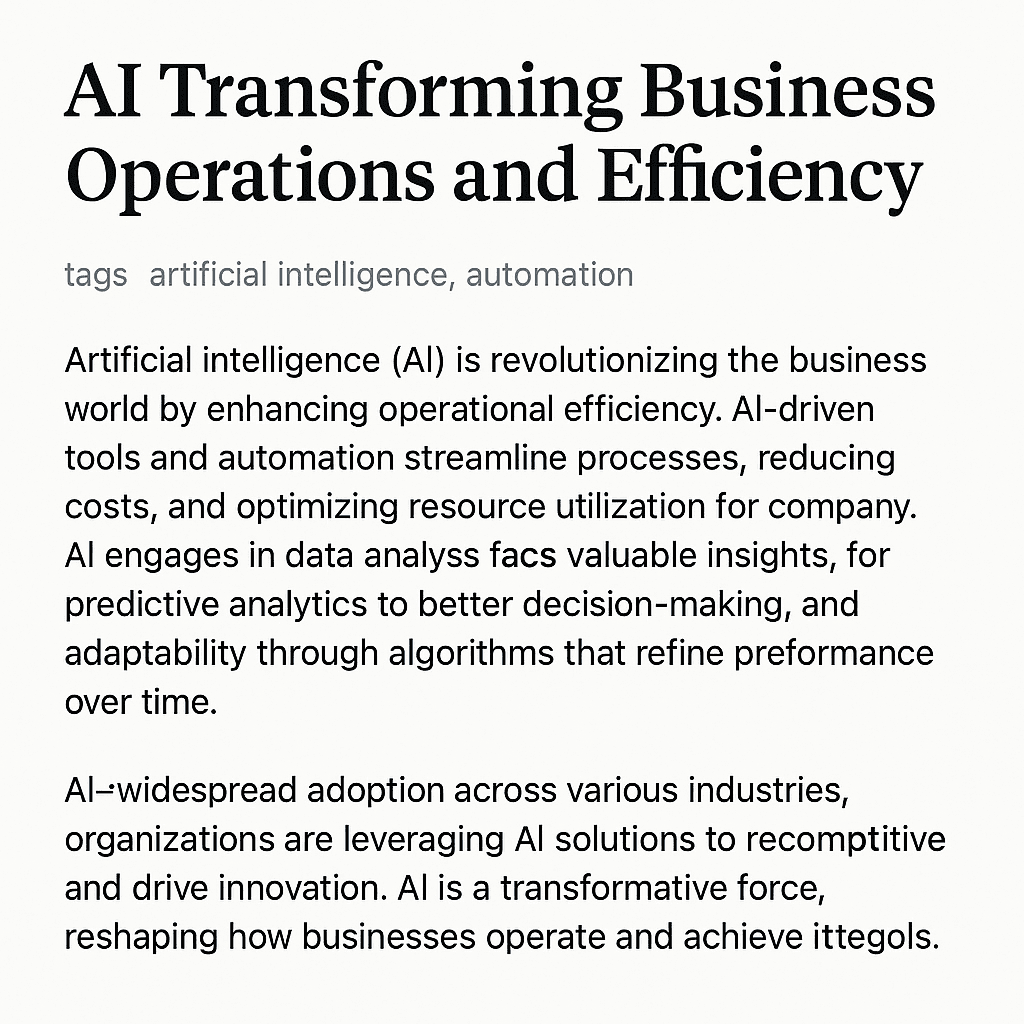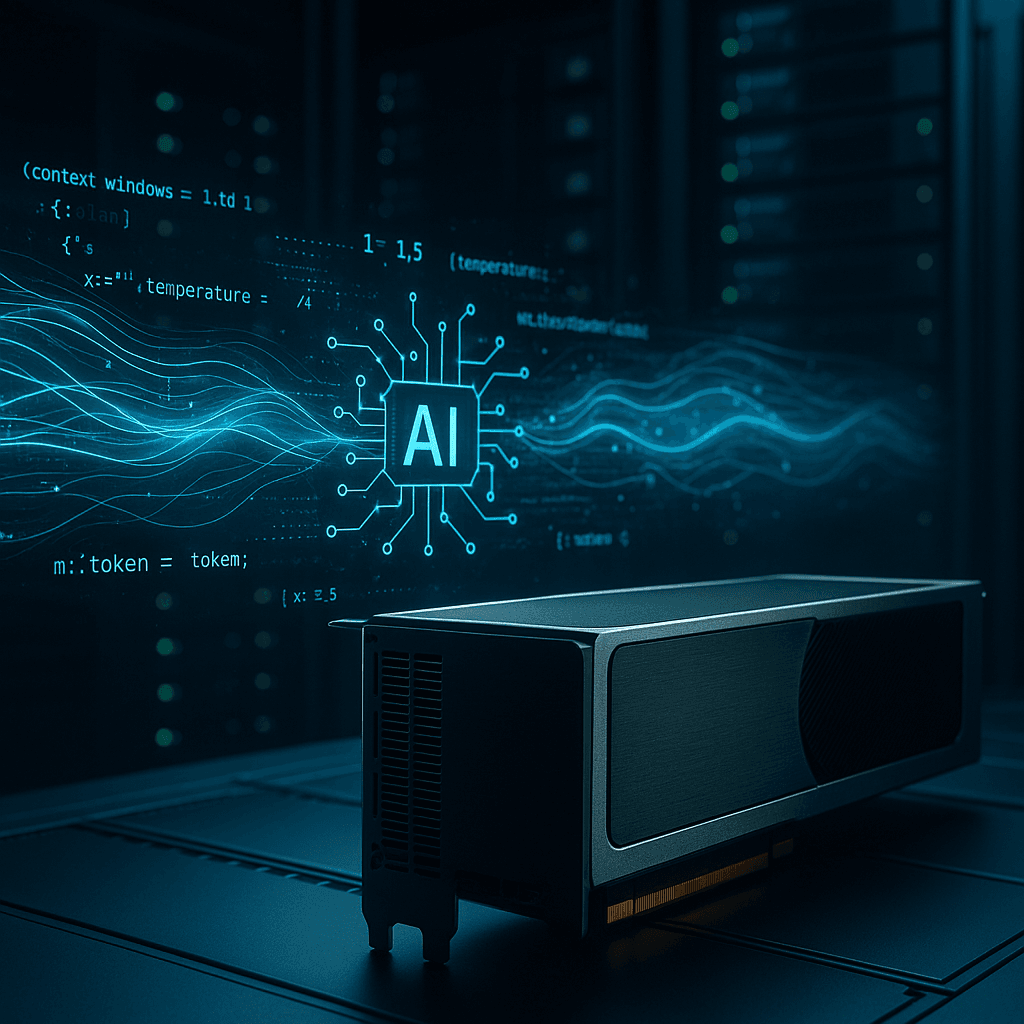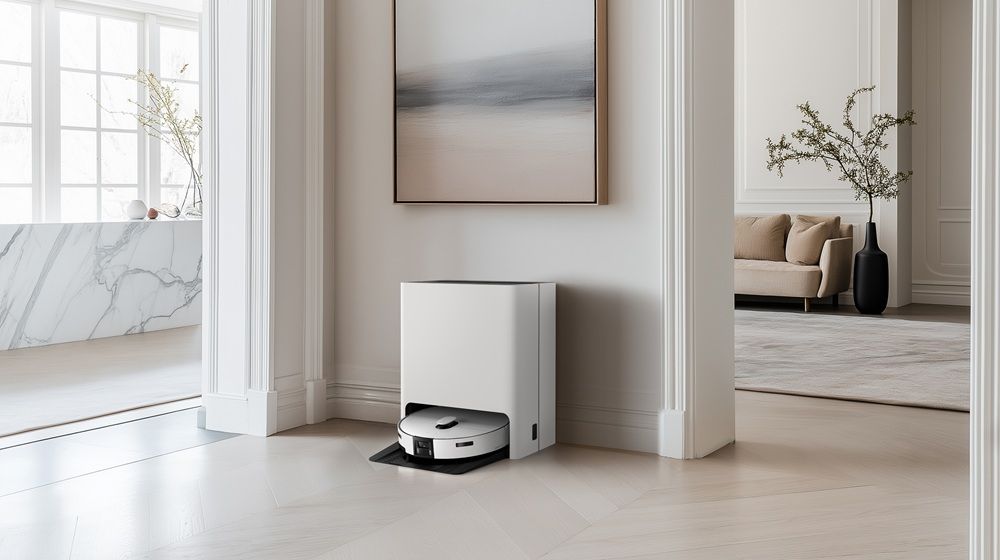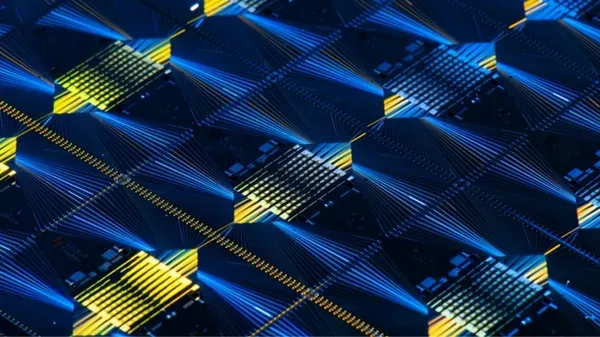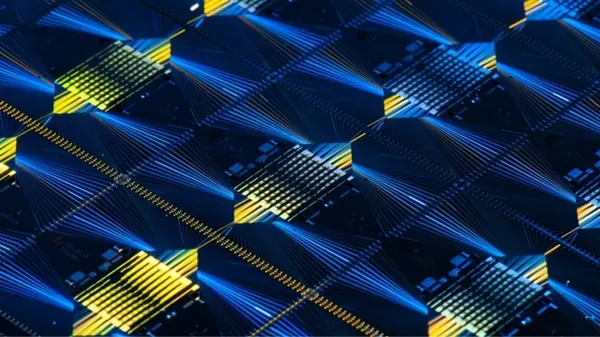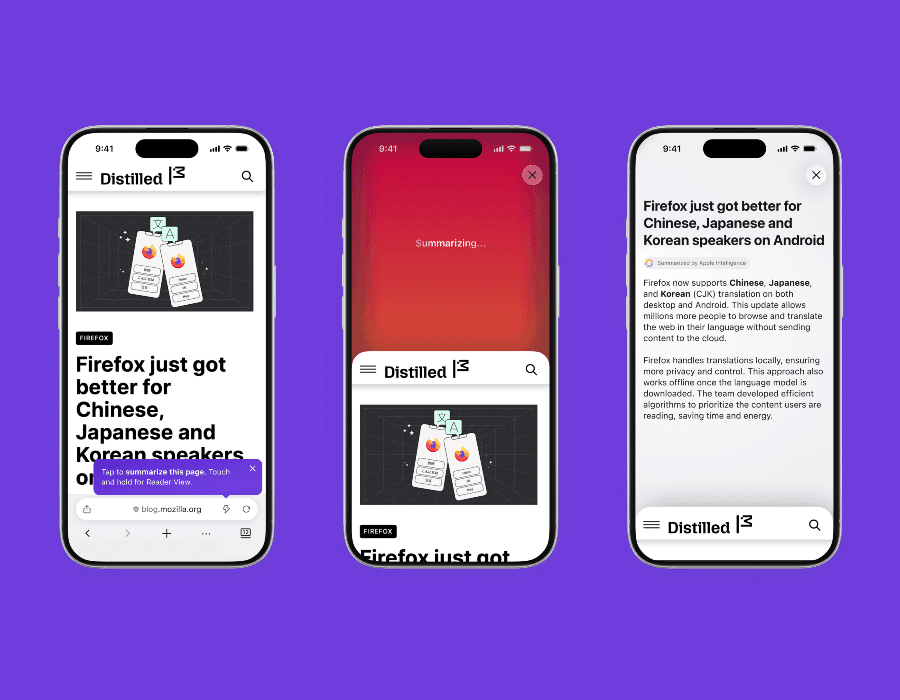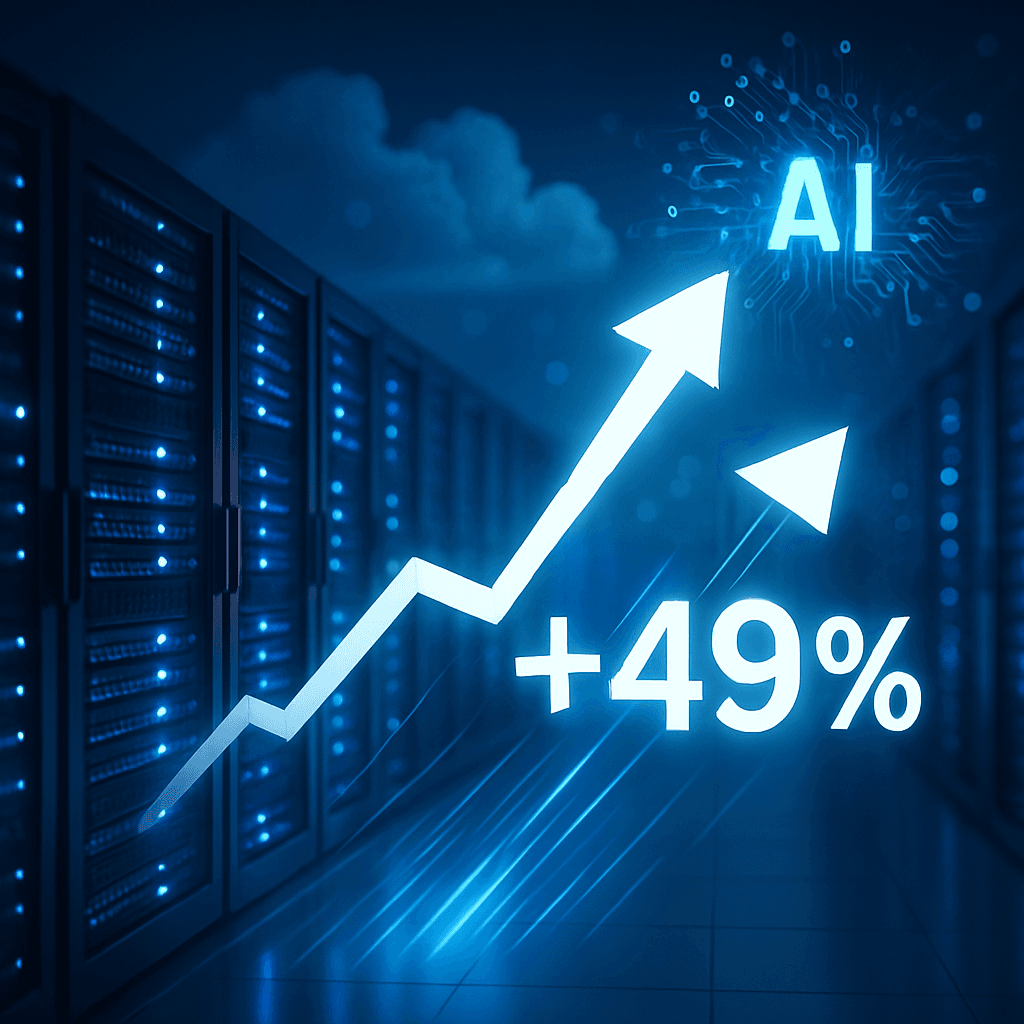A federal judge just threw a massive wrench into what could have been AI's biggest copyright settlement to date. Judge William Alsup rejected Anthropic's $1.5 billion agreement with authors, saying he won't let lawyers force a backroom deal "down the throats" of writers. The ruling puts the entire AI training copyright debate back in legal limbo.
Anthropic thought it had found a way out of its copyright nightmare. The AI company agreed to pay $1.5 billion to settle claims that it trained its Claude models on hundreds of thousands of pirated books - what would have been the largest AI copyright settlement in history. But Judge William Alsup had other plans.
During a hearing this week, Alsup put the brakes on the entire deal, saying he has "an uneasy feeling about hangers on with all this money on the table," according to Bloomberg Law. The judge's main concern isn't the money - it's the process. He's worried that class action lawyers are cutting deals behind closed doors and forcing authors to accept terms they never had a real say in negotiating.
The settlement emerged from a messy legal battle that's been brewing since authors first sued Anthropic for allegedly training its AI models on copyrighted works without permission. Alsup had already ruled that training on legally purchased books counts as fair use, but left the door open for liability when it comes to illegally downloaded content - the smoking gun that kept this case alive.
Under the proposed terms, authors and publishers would receive roughly $3,000 for each covered work. With approximately 465,000 books potentially included, the math gets complicated quickly. But that's exactly what's bothering Alsup - he wants concrete numbers, not estimates that could leave Anthropic vulnerable to future lawsuits "coming out of the woodwork."
The publishing industry isn't happy about the delay. Maria Pallante, CEO of the Association of American Publishers, told the Associated Press that Alsup "demonstrated a lack of understanding of how the publishing industry works." She argues that "class actions are supposed to resolve cases, not create new disputes."
But Alsup's skepticism reflects broader concerns about how AI companies have been handling copyright issues. The judge wants to ensure class members get "very good notice" about the case - something that's been lacking in many tech settlements where affected parties only learn about deals after they're finalized.
